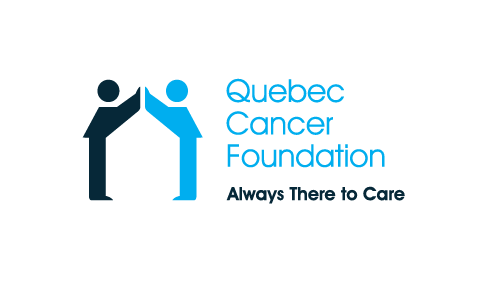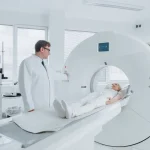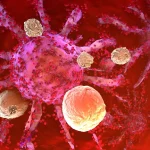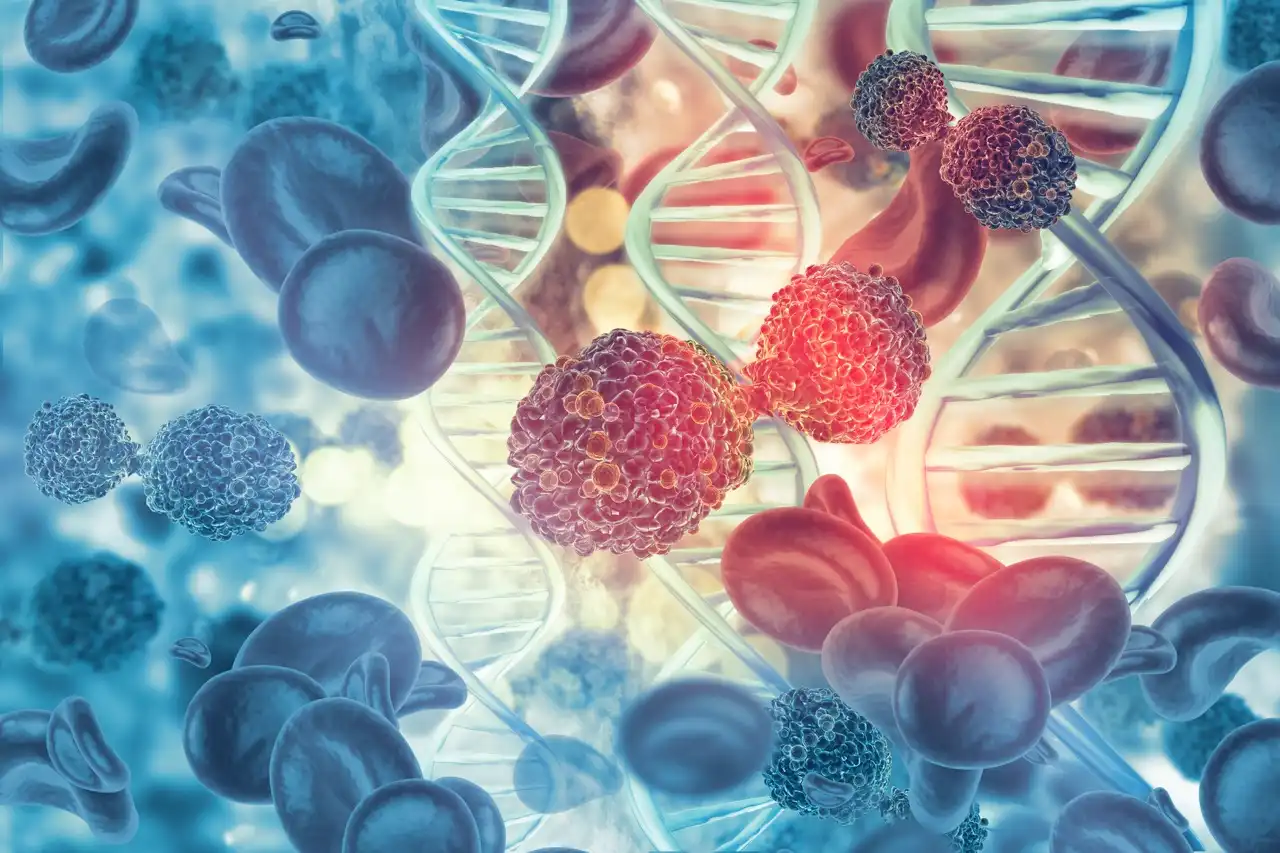For any questions:
For some cancers, the survival rate is even higher: 88% for breast cancer, 97% for testicular cancer or 96% for prostate cancer.
Currently in Quebec, there are only three anatomical sites existent for an effective screening program: breast cancer, cervical cancer and colorectal cancer.
Scientific research is in full swing and many ongoing studies seek to demonstrate the effectiveness of one method or another to detect cancers. It will probably take several more years before these methods gain the support of the scientific communities, because it must be proven beyond any doubt that they are effective. There is therefore currently no single method for detecting cancer.
For any testing requested in the absence of symptoms, other than those covered by screening programs available in Quebec, we recommend that you discuss with your family doctor to assess its appropriateness for you.
What is screening?
Screening is a method of detecting certain types of cancer before symptoms appear.
Although no screening test is absolutely foolproof, an effective screening test can reduce mortality in cancer subjects.
It is important to remember that there are advantages and disadvantages to every screening test.
Lower mortality
Early detection, long before symptoms appear
Treatment begins earlier
Less invasive treatment
Reassuring, if the medical results are normal
False negative (cancer present, but undetected)
False positive (cancer suspected, but unconfirmed)
Pointless medical tests
Overdiagnosis, overtreatment
Stress and anxiety
What is overdiagnosis?

Overdiagnosis is a complex problem. There are several definitions in the literature, but here we are using the one put forward in the Quebec Symposium on overdiagnosis, which was held on April 2, 2014: “Overdiagnosis occurs when people are diagnosed with a disease that ultimately will not cause them to experience symptoms or early death, or when a procedure is done that does not add value to a treatment.”
Several diseases are prone to overdiagnosis, not just cancer. At the symposium, four main causes of this phenomenon were identified: patients’ expectations, training of caregivers, the organization of the healthcare system and behaviors that are deeply rooted in culture.
An action plan (in French only) has been implemented to counteract this phenomenon; its orientations revolve around the main theme of Choosing Wisely.
Cancers of the oral cavity
Cancer of the oral cavity may develop at several places in the mouth and throat, such as tongue, lips, palate, salivary glands and tonsils
Colorectal cancer
Colorectal cancer is preceded for many years by a precancerous condition: polyps.
Skin cancer
There are three major types of skin cancer : Basal cell carcinoma, squamous cell carcinoma, malignant melanoma
Lung cancer
In March 2016, the Canadian Task Force on Preventive Health Care (CTFPHC) issued new recommendation guidelines in favor of lung cancer screening with low-dose computed tomography (LDCT).
Prostate cancer
There is no prostate cancer screening program. However, there are certain screening tests for early detection. These are the prostate specific antigen(PSA) test and the digital rectal examination (DRE).
Breast cancer
The Québec Breast Cancer Screening Program (PQDCS), was initiated in 1998 by the Ministry of Health and Social Services.
Testicular cancer
Testicular cancer is the most common cancer in young men aged 15 to 29 years.
Cervical cancer
Cervical cancer screening is performed through analysis of a cytological smear or Pap test.
Other cancers
Scientific research is booming and many of the studies currently underway are attempting to demonstrate the effectiveness of one particular cancer screening method or another. But it will probably take several years before these methods receive the approval of the scientific authorities, since their effectiveness must be proven.
Presently, there is no single method for detecting cancer.
We invite you to contact our nurses at the Info-Cancer Hotline who will be happy to provide you with further information, and respond to any questions and concerns you may have. Call 1-800-363-0063, every day of the week from 9 am to 5 pm.



































